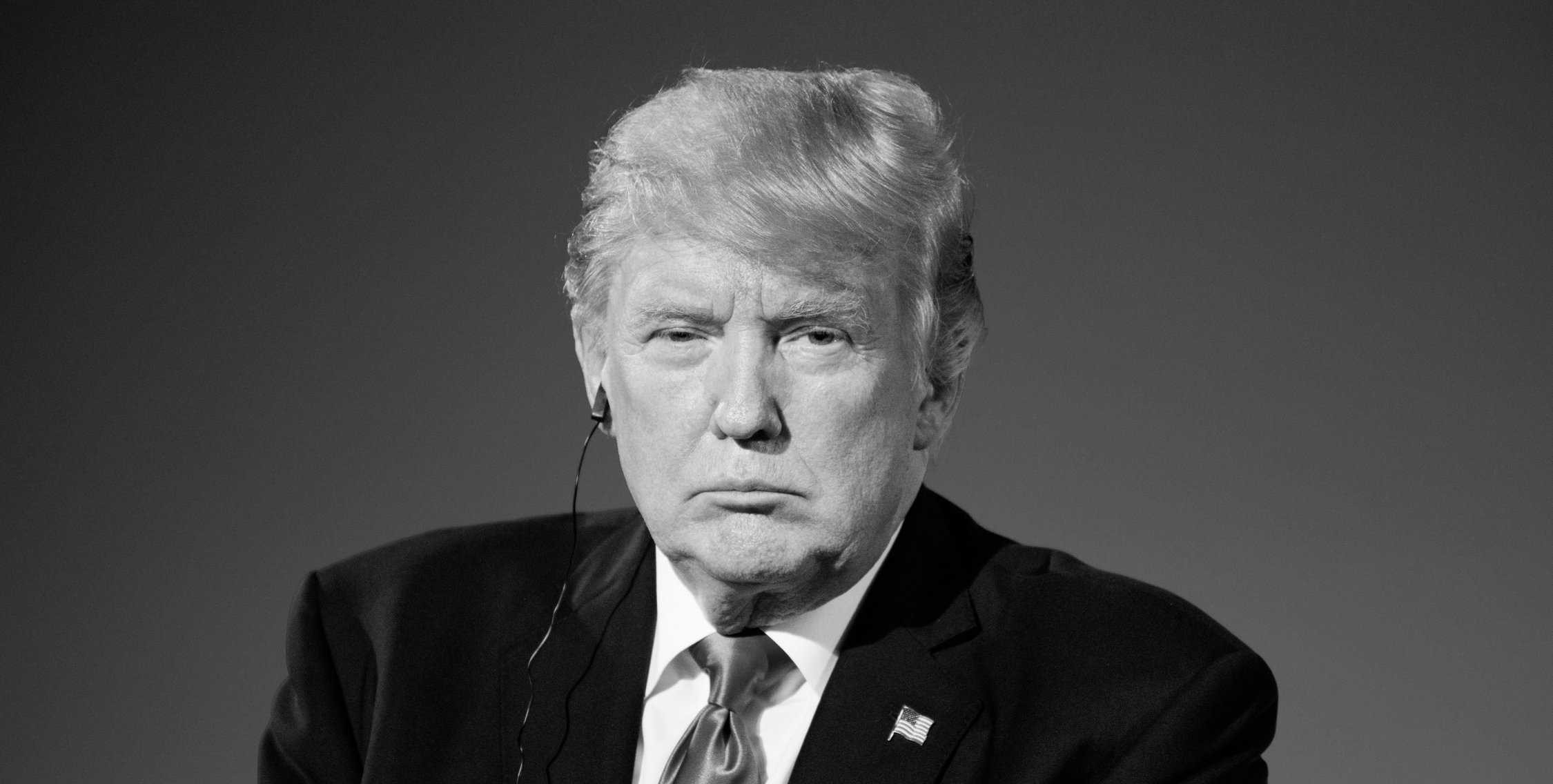Night Falls on Georgia –

Lost in the media frenzy surrounding the pre-trial maneuvering in Fulton County District Attorney Fani Willis’ RICO case against former President Donald Trump and 18 others is any discussion of what actually happened in the conduct of the 2020 election in Georgia.
The centerpiece of Willis’ case is an hour-long conference call in which Trump told Georgia Secretary of State Brad Raffensperger, “What I want to do is this. I just want to find, uh, 11,780 votes, which is one more than we have, because we won the state.”
Note that Trump did not say that Raffensperger should manufacture or alter votes. Instead, he was making a statement of fact as to his desire. This was no invitation to commit fraud or to illegally change the outcome of the election.
There was a time — back before the installation of radical Marxist prosecutors across America — that Trump’s statement would have been recognized as petitioning the government for a redress of grievances. As such, it would have been considered speech protected by the First Amendment to the Constitution. (READ MORE: The Magical Thinking of Never Trump)
But that was then. Now, committed radicals like Willis and Special Counsel Jack Smith no longer feel constrained by either the Constitution, statutory law, or legal precedent. The law is whatever they say it is, and they have the power to enforce it.
So what was Trump talking about? Did he have some factual basis for his statement to Raffensperger?
He most certainly did. Consider, for example, the findings of True the Vote, a public interest organization committed to stopping voter fraud.
On Aug. 21, 2023, True the Vote issued its report on the conduct of the 2020 Georgia election. True the Vote found that “it appears that 67,284 votes were cast from ineligible voter registrations based on invalid residency. 19,077 votes were assigned to records of voters who no longer lived in Georgia. 48,207 votes are assigned to voters who had moved to a different county within Georgia.”
True the Vote also found that the state of Georgia mailed ballots to 16,986 addresses where voters no longer lived, yet the votes were still cast and counted. 8,984 of these votes were assigned to inactive voter registration records.
So who cast these ballots, and how did this mess occur?
The report states that, in a December 2020 meeting with True the Vote’s founder, Catherine Engelbrecht, Raffensperger admitted that Georgia’s voter rolls had not been “cleaned” in the two years before the election.
At the meeting, Engelbrecht told Raffensperger that True the Vote was preparing to challenge a whopping 364,000 ineligible voter records.
Was Raffensperger alarmed? Embarrassed? Defensive? Apparently not. The report quotes him as saying, “That seems about right. The GOP should have been doing this [raising challenges] all along.”
But what was his excuse for not doing his job and keeping those records in proper order?
According to the report, Raffensperger advised that in 2019 unsuccessful Democrat gubernatorial candidate Stacey Abrams and an organization called “Fair Fight” had sued Georgia to prevent voter roll maintenance. They alleged that such roll cleaning was “erroneous” and — wait for it — racially biased. Although the state won that lawsuit in 2021, while it was pending from 2019 through 2020, Raffensperger “acquiesced to Abrams” and took no action to remedy the situation.
True the Vote’s report asserts that “mail ballots, drop boxes, no ID requirements, no monitoring [were] all catalyzed by inaccurate voter records.… Georgia’s lack of voter roll maintenance, together with rules that lowered identification standards for mail-in and inactive records, created an expressway for fraud.”
In January 2021, Georgia held a Senate runoff election prior to which True the Vote worked with citizens across Georgia to file voter record challenges. And guess what? Stacey Abrams, Democrat lawyer Marc Elias, and Fair Fight sued True the Vote alleging “racism and voter intimidation.” Elias also sent letters to every one of Georgia’s 159 counties threatening legal action if they used True the Vote’s information to improve voter roll accuracy.
The intimidation worked. Only two counties coordinated with True the Vote to clean up their voter rolls. For that, they were sued, but ultimately vindicated in court.
But, according to True the Vote’s report, the state of Georgia did not come to their aid. If Raffensperger knew the rolls were inaccurate, why didn’t the state help those two counties and all the others stand up to Elias’ threats?
Fair Fight has sued True the Vote for its work in supporting elector challenges. Since the State of Georgia had “pre-cleared” True the Vote’s plan to clean up the voter rolls, why hasn’t it intervened in the case on behalf of True the Vote?
Well, here’s a subtle clue. The state of Georgia has sued True the Vote over its findings related to the use of “drop boxes” and has demanded that True the Vote produce “data they [the state] already have in their possession but choose to keep covered up.”
Get the picture?
True the Vote’s report concludes, “There are no good answers in Georgia. Either they don’t know what they are doing. Or they do.”
So there’s the background and context of Trump’s call to Raffensperger. And that’s the election that Trump and his codefendants challenged.
Faced with that evidence of official misfeasance, nonfeasance, and malfeasance coupled with the tens of thousands of ballots cast by ineligible voters, Willis’ task of proving beyond a reasonable doubt that Trump and his codefendants had no legitimate basis for challenging the 2020 Georgia election would, in any honest legal system, be all but impossible. In fact, no serious prosecutor committed to the rule of law would even consider bringing charges.
But, as noted, we are now in a new era of radical prosecutors for whom the facts and the law are but minor inconveniences. For them, no such bourgeois concepts as truth and the rule of law will get in the way of using their naked power to — in the immortal words of candidate Barack Obama — “fundamentally transform America.”
George Parry is a former federal and state prosecutor. He blogs at knowledgeisgood.net.
RELATED:
Gingrich to Levin: Trump Is Getting the Last Laugh
Trump Impeachment Trial Date Will Interfere With Election
Trump Battles the Corrupt Governing Class in Court


